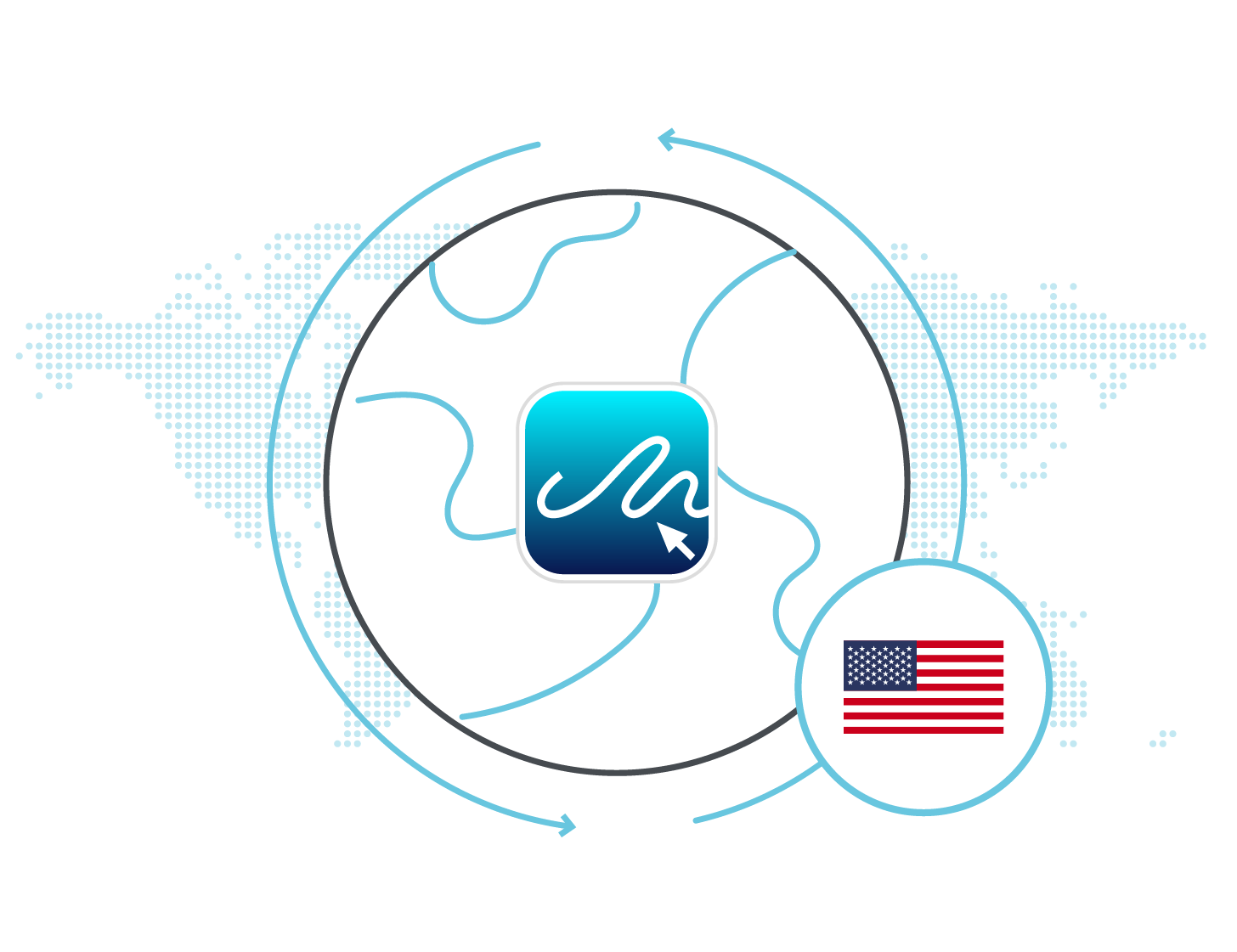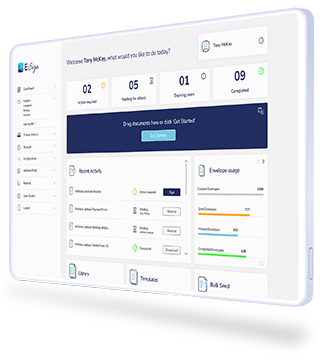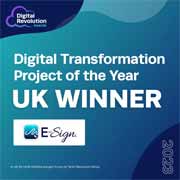The Legality of eSignatures in the United States
Explore the legality of electronic signatures in the US and the laws and regulations that govern their use.

Trusted By
Are eSignatures Legally Binding in the US?
Documents that can be electronically signed
The following types of transactions are typically eligible for the use of electronic signatures in the United States:
- Technology sector
- Education
- Consumer transactions
- Life sciences
- NDAs
- HR
- Software licensing
Documents that may not be electronically signed
In the below types of transactions, electronic signatures are not necessarily prohibited, but care should be taken when using them in these instances. They will be assessed on a case-by-case basis:
- Chattel paper
- Documents to be notarised
- Corporate resolutions
- Bills of lading
- Government filings
- Wire transfer agreements
- Banking
- And more
Types of e-signature permitted in the US
Both the ESIGN Act and UETA define an e-signature as an electronic symbol, sound, or process attached to or logically linked with a document and executed or adopted by an individual with the intent to sign and be legally bound.
Notable legality changes since 2020
None. The laws and regulations surrounding electronic signatures have remained the same since the introduction of the ESIGN Act and the UETA.
Publicly Accessible Links to Laws/Regulations Discussed
Disclaimer
The content provided on this website is meant for general informational use only and does not constitute legal advice. Legal regulations on this topic can evolve rapidly, so E-Sign does not ensure that the information presented here is always up-to-date or accurate. If you have particular legal concerns regarding any details on this site, it is recommended that you consult with a licensed attorney in your jurisdiction.
Last Updated 9th October 2024




























